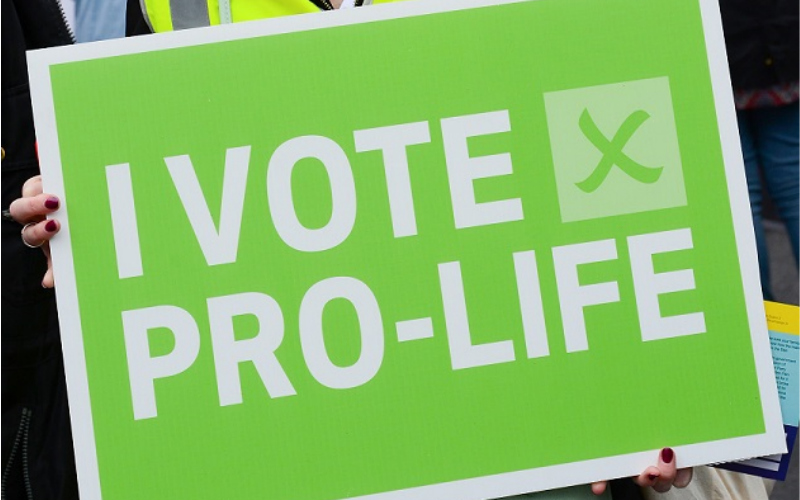Canada has already approved medical aid in dying (MAiD) policy for patients suffering from a terminal illness and expected to live six months or less. Now, with Bill S-248, Canadian Senator Pamela Wallin has submitted an act to amend the Criminal Code to permit involuntary euthanasia by advanced directive when a person is not capable of consenting to be killed.

Rita Marker, a practicing attorney and executive director of the Patients Rights Council, tells AFN that in a recent speech, Wallin reported that 30,000 people are killing themselves every year. 80% have palliative care available, and the 20% who are not offered that opt for euthanasia.
"She explains we really have to continue to work to ensure equal access to people in rural or underserved areas," Marker notes. "So, she really recognizes that there are people that are doing this, that they're requesting that they be killed because they can't get the medical services they need."
With that in mind, Marker wonders why Wallin would not instead work on getting the needed medical services to those areas.
Meanwhile, as California considers a measure that mirrors the Canadian bill, the patients' rights advocate recognizes that once this ball gets rolling, it will be increasingly difficult to stop it.
"They're saying that you should be able to provide euthanasia – and they used that word for it in their discussion of medical aid in dying," she reports regarding Canada's measure. "They're saying that this should be available to infants and children – little, teeny-tiny folks who have a very serious health condition."
Marker concludes that the best way to stop this practice from expanding is to not approve it in any form to begin with.







